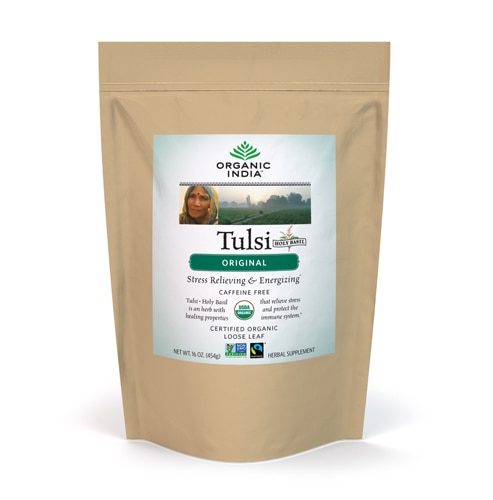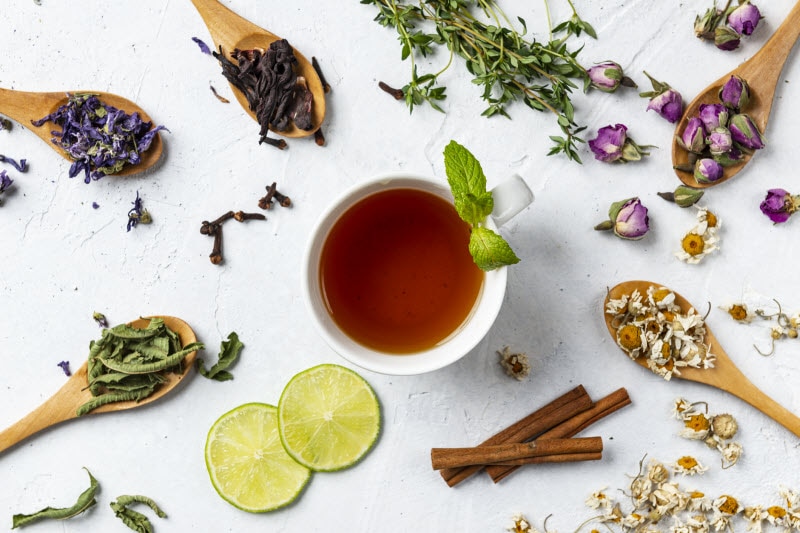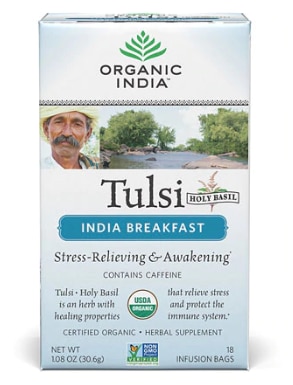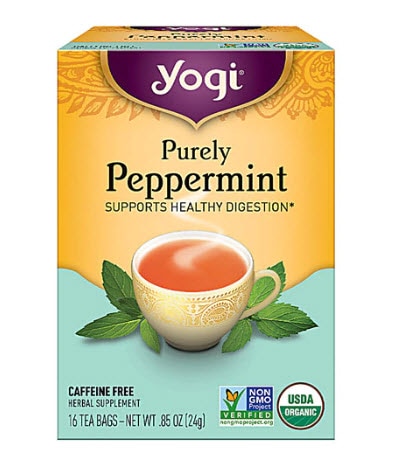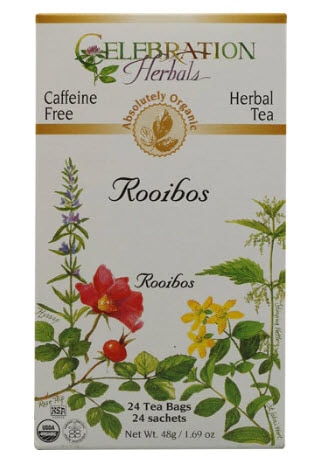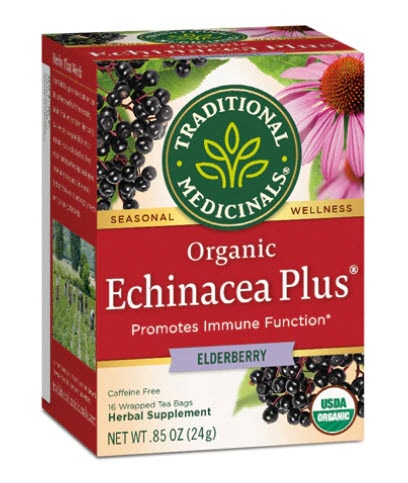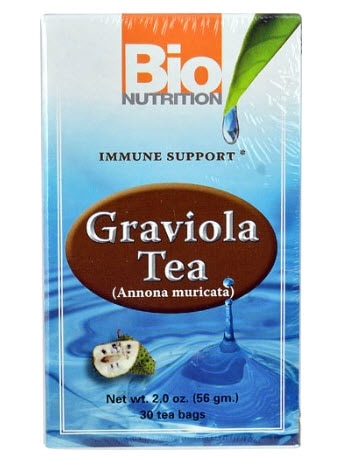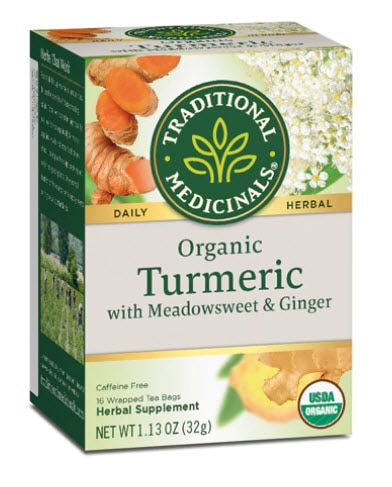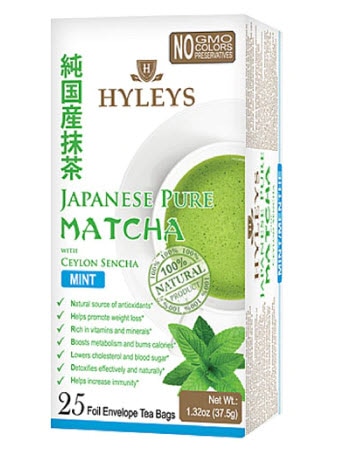Ways to support your immunity are flooding the headlines right now—and for a good reason, too: A strong immune system can ward off infections and improve longevity. And while many are looking to lifestyle habits, such as modifying their diets to include nutrient-dense foods and powering through a workout, what many may forget is the potency of teas.
Tea has been favored by people across the globe for centuries—not only for the calming ritual it provides but also because of its health-enhancing components. This is due to tea’s inclusion of catechins, a natural polyphenol (or plant-derived micronutrient), that’s been linked to everything from protection from free radical damage to weight management to, yes, immune support.
Read on to learn about the best types of tea for your body’s natural defense system.
Best Types of Tea to Support Immune Health
Tulsi tea
Tulsi is considered the “Queen of Herbs” throughout India, where “Holy Basil,” as it’s also known, has been used for over 3,000 years for a variety of health purposes. In recent years, emerging research demonstrates that ancient Ayurvedic medics were onto something: Abundant in antioxidants, tulsi organically aids digestion, cultivates stamina and balances metabolism. What’s more, it operates as a powerful adaptogen—a unique class of healing plants that work with the body’s response to stress. Tulsi also makes for an energizing tea that may shield your immune system.†
Peppermint tea
The sweet, minty bliss that is peppermint tea isn’t just good for your mindset: it also naturally supports healthy digestion, which in turns encourages enriched immunity. Take it from assistant professor of pathology at the John Hopkins University School of Medicine, Dan Peterson: “A huge portion of your immune system is actually in your GI tract.” Keep yours moving smoothly with Yogi Organic's Purely Peppermint Tea, which makes for an ultra-soothing cuppa.†
Rooibos tea
Rooibos—pronounced ROY-boss—is derived from a plant native to the western coast of South Africa, where it’s long been savored for its rich, distinct taste and health benefits. Part of this is due to its high content of vitamin C, which organically supports a number of immune mechanisms, including the production and function of white blood cells (which attack “invaders”). Rooibos also brims with quercetin and rutin—two bioflavonoids that block the release of histamines.†
Echinacea tea
Great Plains Indian tribes used the North American coneflower—or echinacea—for over 400 years, relying on its leaves, roots, and stems for their health benefits. Indeed, the plant was greatly esteemed until the 1950s, when the introduction of antibiotics caused it to fall out of favor. And yet, when echinacea returned to the wellness scene, it did so in full force, ultimately becoming a $28 million a year industry.
Understandably so: the upper part of the North American coneflower contains polysaccharides that trigger health-supporting activities, including the stimulation of natural killer cells; overall, it supports healthy immune function and seasonal wellness. Traditional Medicinals Organic Echinacea Plus carries a one-two punch, containing echinacea and elderberry—another herb famed for firing up the immune system.†
Graviola tea
Gravi…what? True, you may not see this very often on a menu, but graviola tea ought to be added to your list of teas to try. Commonly known as soursop, a vibrant green, prickly fruit from South America, graviola is abundant in nutrients, including vitamin C, vitamin B, calcium and phosphorous. This renders it something of a superfood, and tea made from its leaves has created a following. “Some studies have found that soursop has several positive immune system properties,” Ashley Wood, RN, and author of Demystifying Your Health told Parade. “It’s high in antioxidants, which help neutralize harmful compounds (free radicals) that can cause damage to cells.”†
Turmeric tea
Made from the root of the Curcuma longa plant, turmeric tea is thought to be one of the leading ways to consume curcumin, a compound that has been proven to support immune function and enhance overall well-being.† While turmeric teas abound, DIY brews also offer an excellent, pure taste. Simply boil two cups of water in a small saucepan, and add ½ teaspoon of dried turmeric or freshly-grated turmeric, ½ teaspoon of chopped, fresh ginger, and a dash of cinnamon. Let simmer for 10 minutes before relishing with a lemon wedge.
Matcha Tea
It’s impossible to go anywhere these days without seeing matcha on a menu or hearing a friend tout its benefits. Its fame is more than reasonable. Matcha is made of young green tea leaves, which are ground into a powder and then whisked with water. (Matcha literally means “ground tea.”)
Slightly sweet in taste with a playful green color, it holds many of the same health benefits as green tea, but, given that you’re consuming the actual leaves, these are amplified. A natural source of antioxidants, and rich in vitamins and minerals such as manganese and phosphorous, Matcha boosts metabolism, supports healthy cholesterol, supports natural detoxification and helps promote immunity. Hyleys Japanese Pure Matcha Tea is the ideal sip: its light amount of caffeine improves your mood while its bright taste energizes from the inside out.†
†These statements have not been approved by the Food and Drug Administration. These products are not intended to diagnose, treat, cure or prevent disease.



